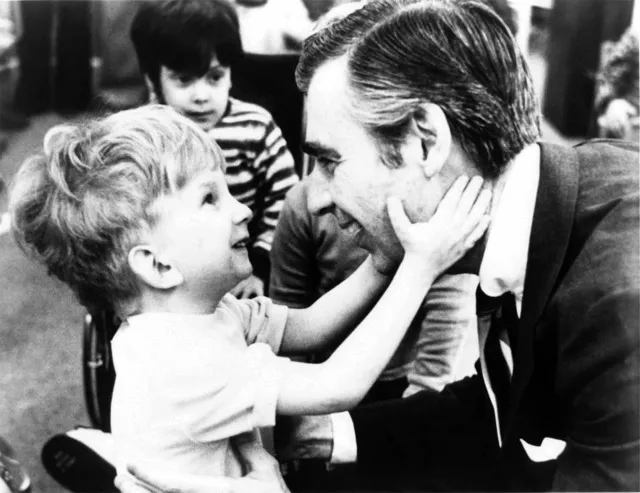As a disclaimer, the PRIDE skills are not my own idea but that of Sheila Eyberg, Ph.D. and Beverly Funderburk, Ph.D. More information can be found at www.pcit.org (https://www.pcit.org/resourceshandouts.html)
This section of PRIDE skills is directed towards 2-6 year olds but provides an important underlying foundation to the sections that describe how to use PRIDE skills with older children. Please continue to read.

One of the great joys of being around little ones is to see their faces light up, hear their giggles fill a room, and feel the energy they bring. It keeps us young and the world seems new once again.
As great as it is for the adult, the impact enjoyment has on children is unfathomable. Their psychological, emotional, social, and neurological development is fueled by nothing greater than the smile of those they love. That smile communicates that they are loved and respected.
All people, not just children, need to feel that they are lovable and capable. Although we have many emotional needs, they all filter into one of these categories. We can feel good about ourselves if others show that they care for us and believe in us. The world doesn’t have to be perfect and neither do we.
Our enthusiasm encourages our children to believe in themselves. In their minds, we are the smartest and best and if we are excited, it must be good. When self-esteem develops in this fashion, it’s a foundational assumption of who they are: “I do good things.”
Each week, in my practice, I teach children how to believe in themselves. I promise you, not every child grows up assuming that they can achieve. Not just those that are influenced by negative parenting, kids with great parents still struggle with this issue. Good parents have nervous kids. Taking the time to just enjoy your kids is a powerful way to build up a confident adult.
When I was teaching, I had the privilege of working with a man named Fred Leubuscher who was our school counselor. Fred had a way of making every person he came in contact with feel like they were the most important person in the world to him. You felt enjoyed. I would have lunch with him once a week just to be around him and glean wisdom wherever I could. He talked about the space between two people like it was sacred. It was like sitting with Mr. Rogers and reminded me of this quote
…the space between our mouths and people’s ears or eyes who receive what we make, that is Holy Ground. The space between the television screen and whoever happens to be receiving it. I consider that very Holy Ground.
Fred Rogers, 1990
After I knew Fred for a while I learned that he was one of the first two master’s students in Dr. Benjamin Spock’s program at the University of Pittsburgh. The other student, he shared with me, was Fred Rogers.
The space between us and our children is sacred. A world of development happens in the precious moments between you. And if that worries you keep this in mind; your presence and enjoyment does far more for that child than the impact of all of your imperfections. Children don’t need perfection, they just need you.
